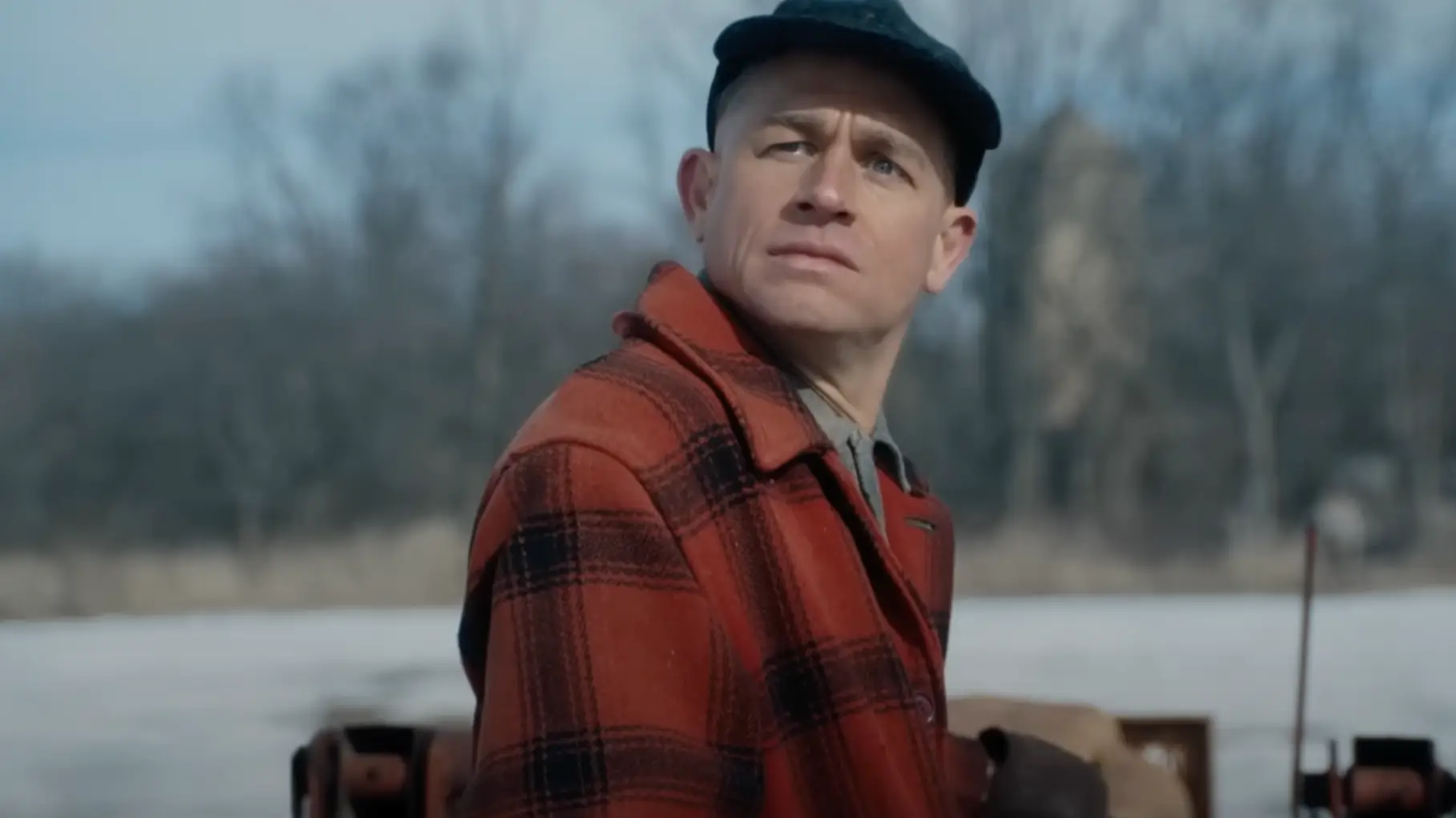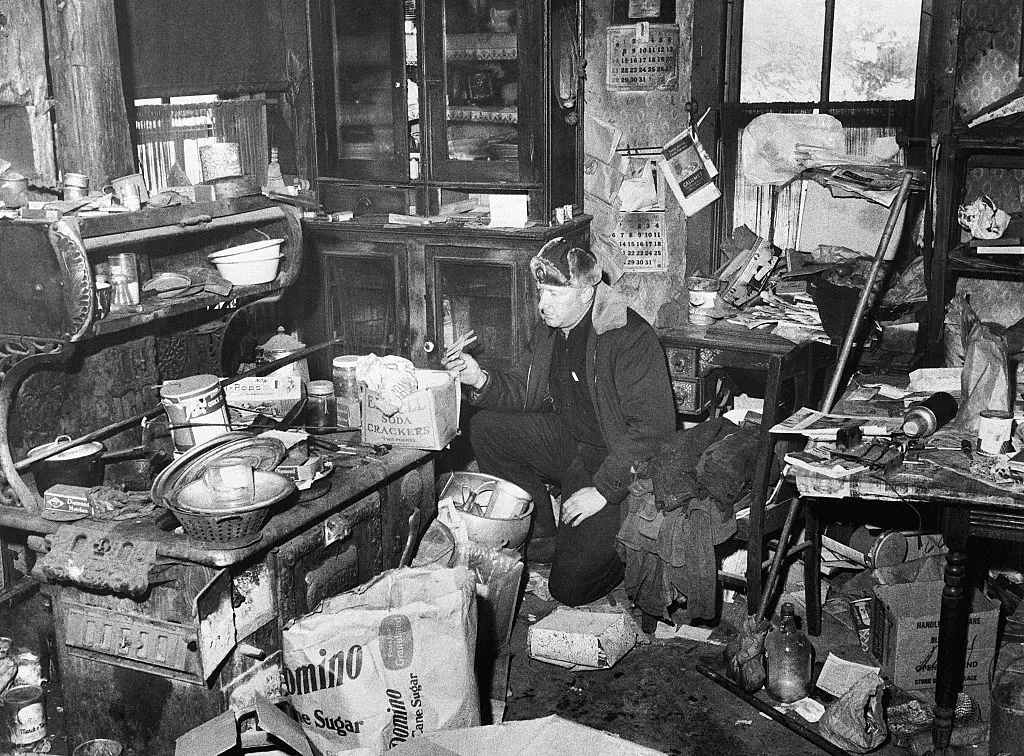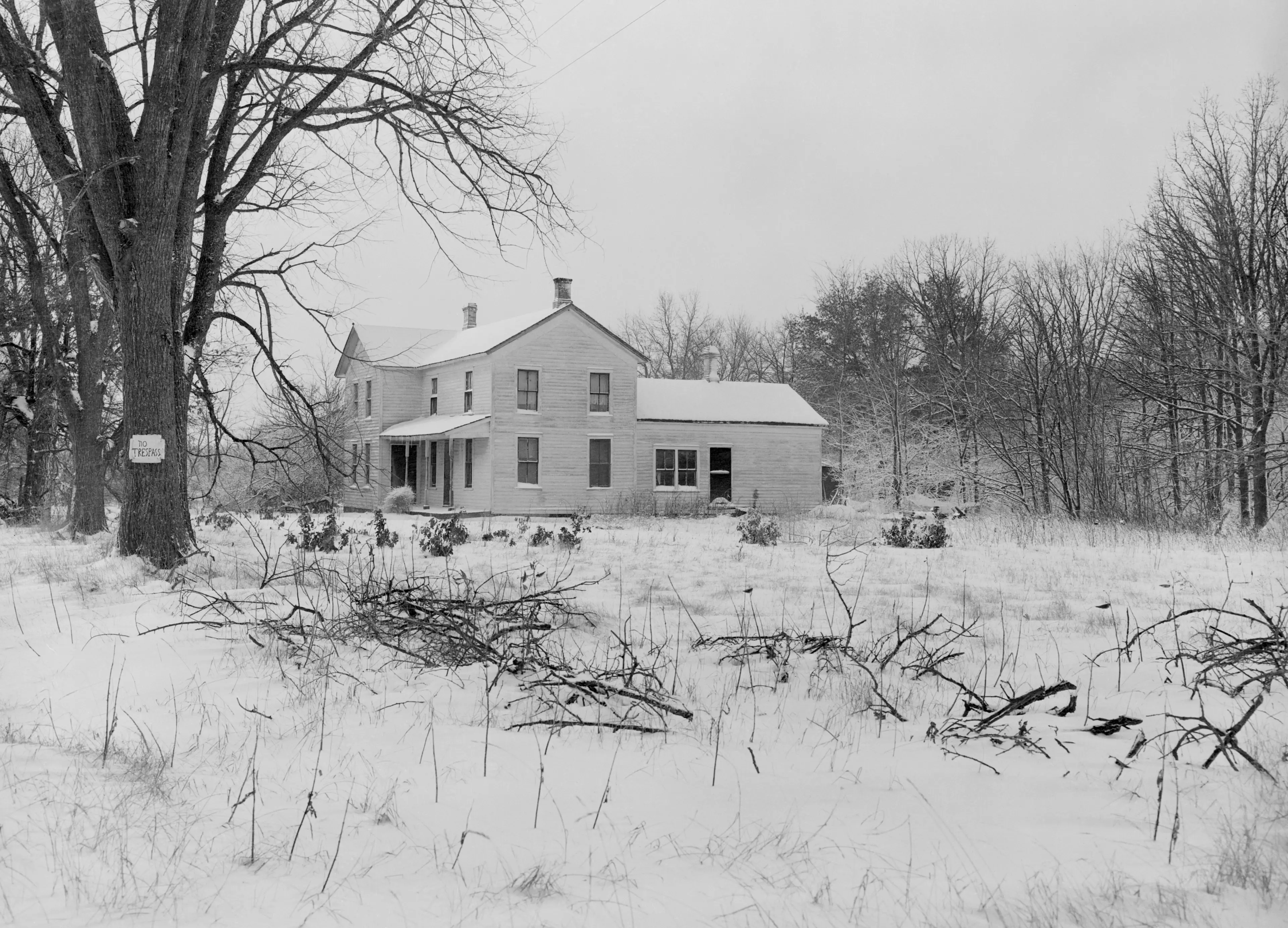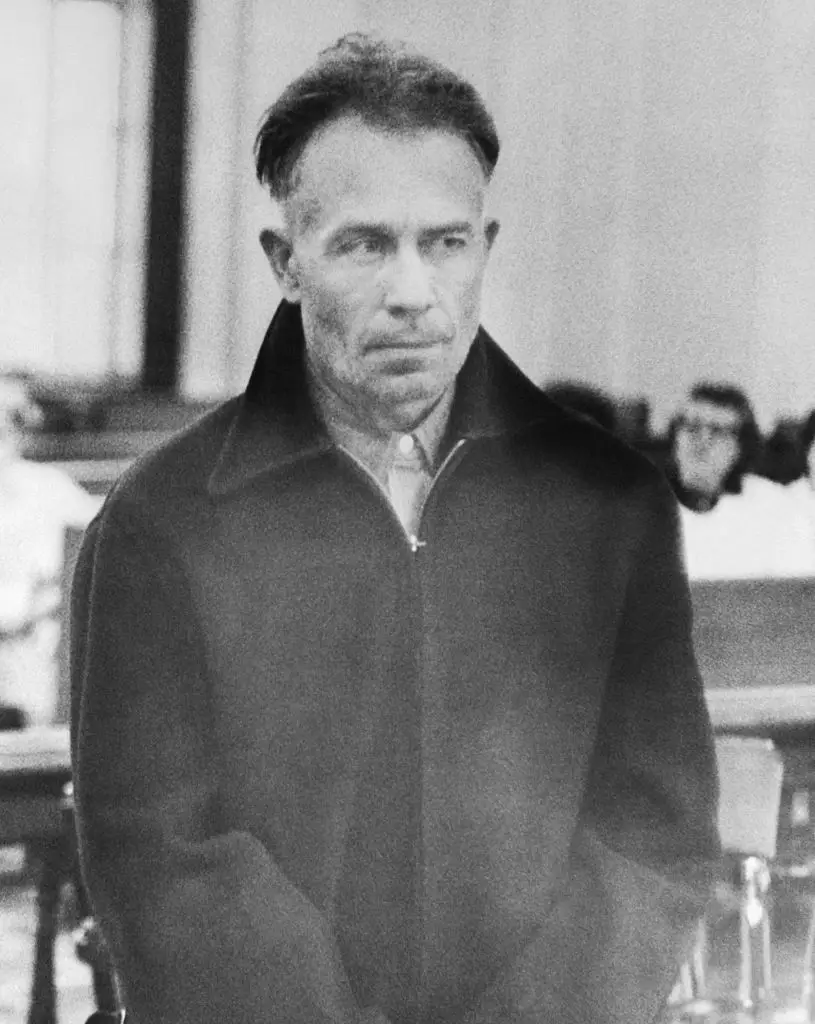
As Ed Gein becomes the latest serial killer to be thrown under the spotlight through Netflix's Monster series, so too has his appalling man-made upholstery.
The handyman was found guilty of slaying two women in the 1950s, and while that doesn't technically categorize him as a serial killer, he's suspected of murdering seven more people in and around his home town of Plainfield - a rural village in central Wisconsin.
While the deaths of Bernice Worden and Mary Hogan were grisly enough, what he did to their bodies after death is even more horrifying; turning their bodies into pieces of furniture for his house of horrors... which eventually were destroyed in a fire a few months after his arrest.
Gein, who became infamously known as the Butcher of Plainfield, was apprehended in 1957 in connection to the disappearance of the local hardware store worker, Worden, with authorities tracking him down after his name was the last she wrote down on a receipt the day she went missing.
Advert
Upon his arrest, cops discovered Worden's decapitated body in a shed on Gein's property, strung up like a deer carcass with a crossbar around her ankles and rope around her wrists. The 58-year-old was fatally shot before the mutilations took place.
After Gein's abusive father died in 1940, him and his brother Henry - who was also socially secluded due to their mother's religious beliefs - were instructed to start doing odd jobs around the town. Gein, who was 33 at the time of his father's death, had became a decent upholsterer thanks to his mom.
But after she died in 1945, he began digging up corpses at graveyards and turning human remains into items of furniture, clothing and even condiments.
While he committed more ghastly crimes, we'd be here all day before finally getting into the list of horrifying objects and remains found on his 195-acre property if we named them all.

Furniture made from victims
When cops entered the property, they were horrified to find that Gein, who was living alone after his brother Henry died the year before his mom, had sewed together human skin to make a wastebasket.
They also found several chairs covered by human skin, a lampshade made from the skin of a human face, a window shade drawstring with a pair of lips sewed to it, and human skulls mounted on his bedposts.

Clothing made from victims
It wasn't just furniture he had made. Gein - who was 77 when he died inside the Mendota Mental Health Institute, in Madison, 1984 - also made pieces of clothing and accessories with the remains of his victims.
He made masks from the skin of the heads of some of his female victims and a face mask out of Mary Hogan corpse, who he confessed to killing just days after his arrest.
Officers also found a belt made out of female human nipples, leggings crafted from the skin of real legs, and a corset that was crafted from the torso of a female - with the corpse skinned from shoulders to waist.

Other human remains found
Also found on his property was his brother Henry's corpse - although he was discovered more than a decade prior to his arrest, and no autopsy was ever taken.
But after Gein was caught, as mentioned previously, Worden's body was found decapitated in the shed.
There were also skulls crafted to be used as bowls, Hogan's skull discovered in a box, Worden's heart found in a plastic bag in front of his stove, as well as her head in a sack.
Four noses were also discovered, so too were female fingernails, nine vulvas in a shoebox, and femals skulls with the tops sawn off.
Topics: Crime, True crime